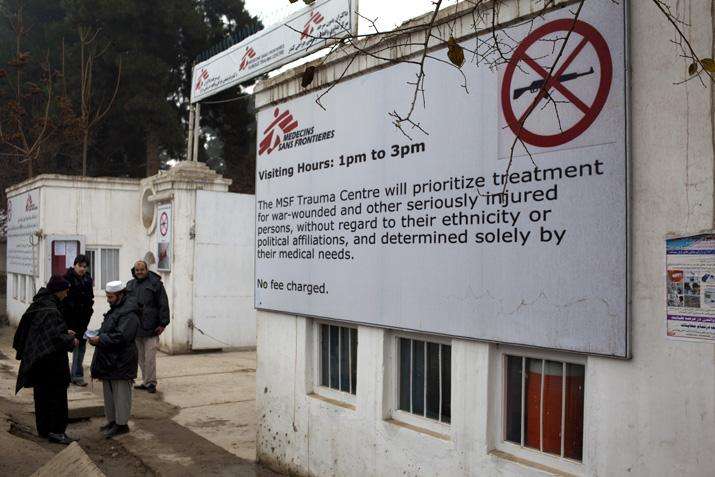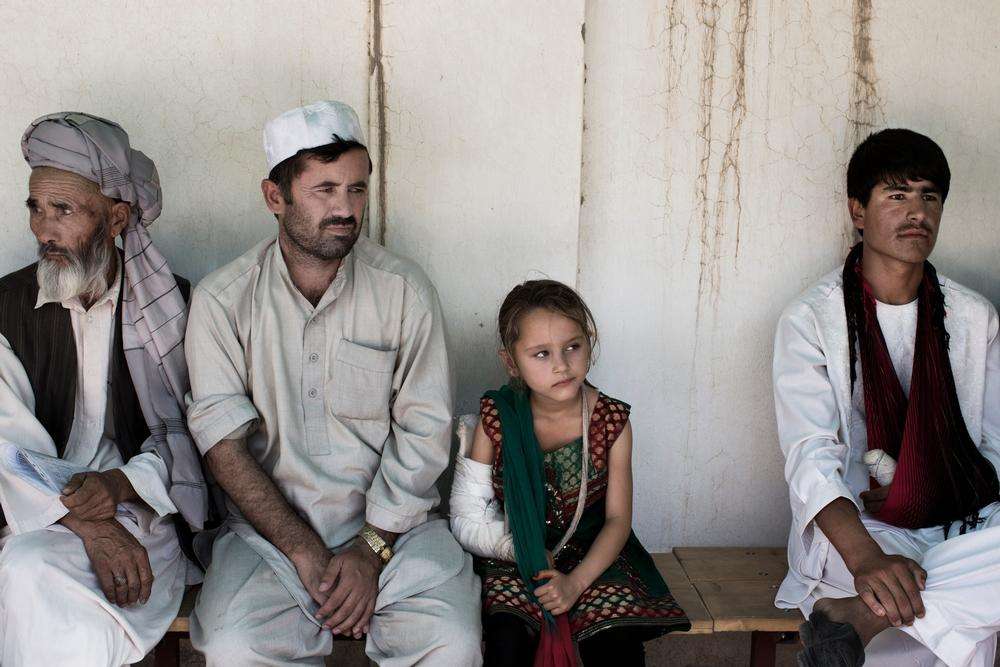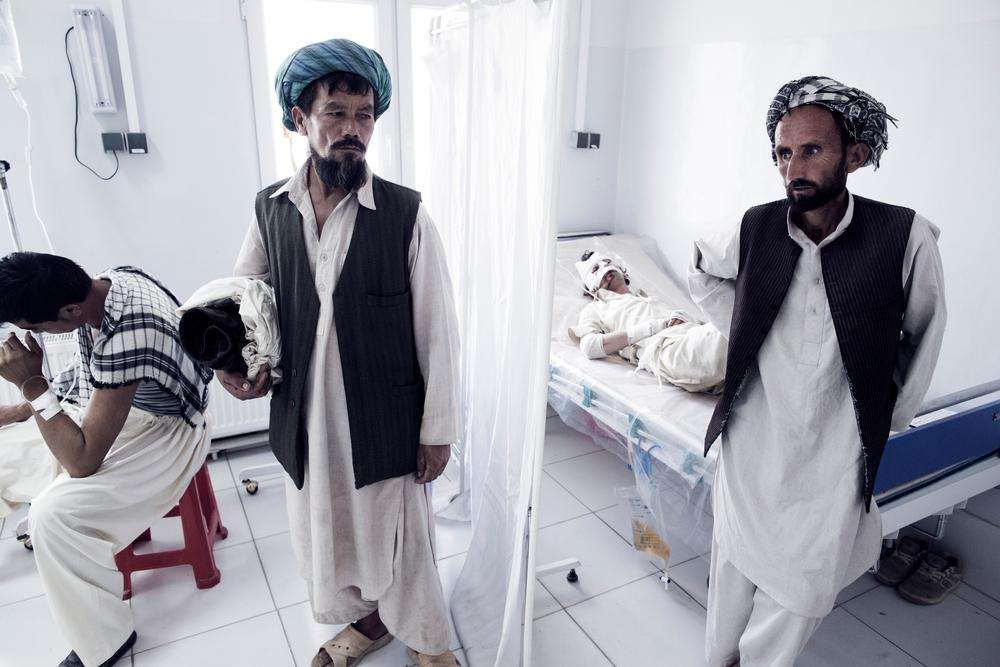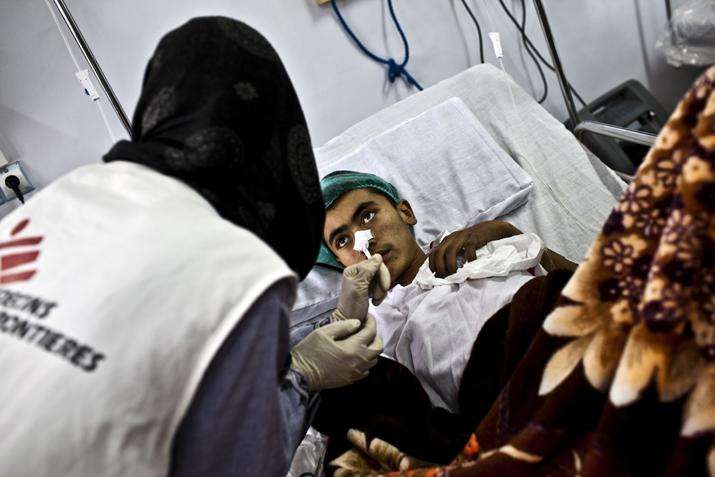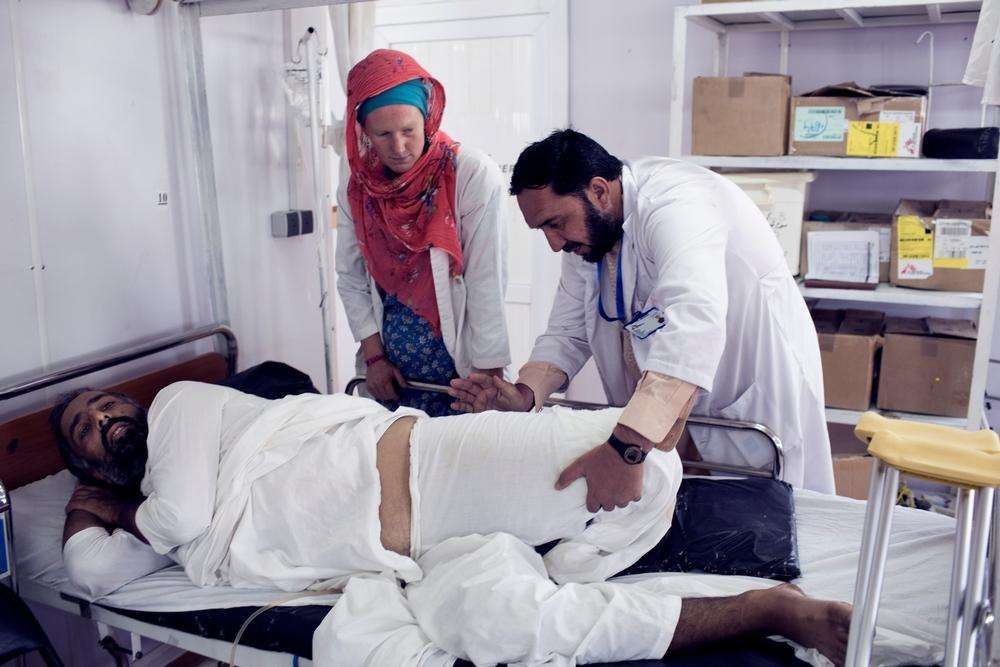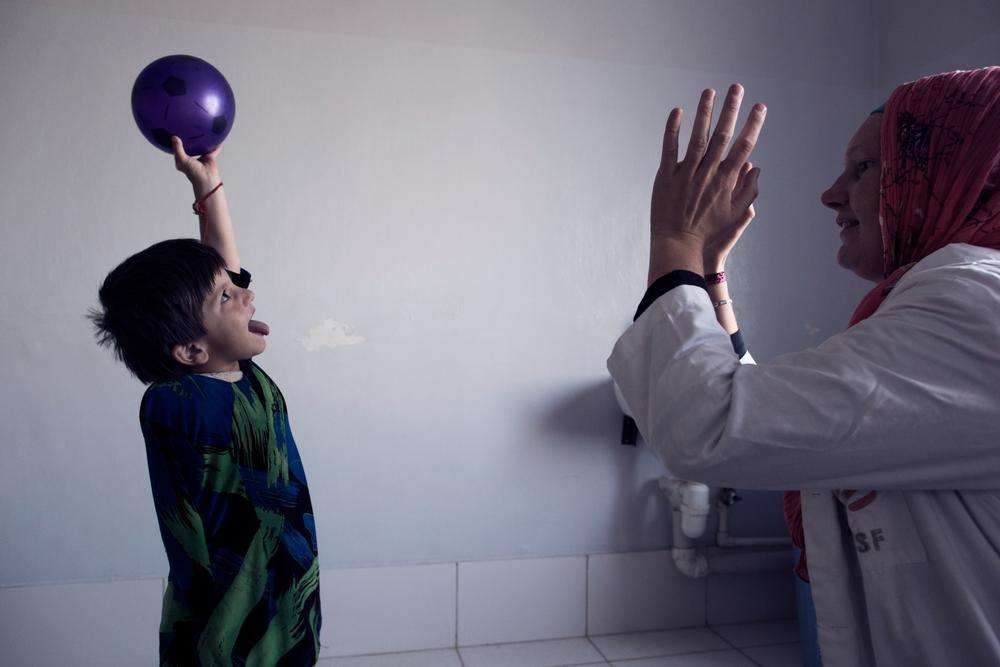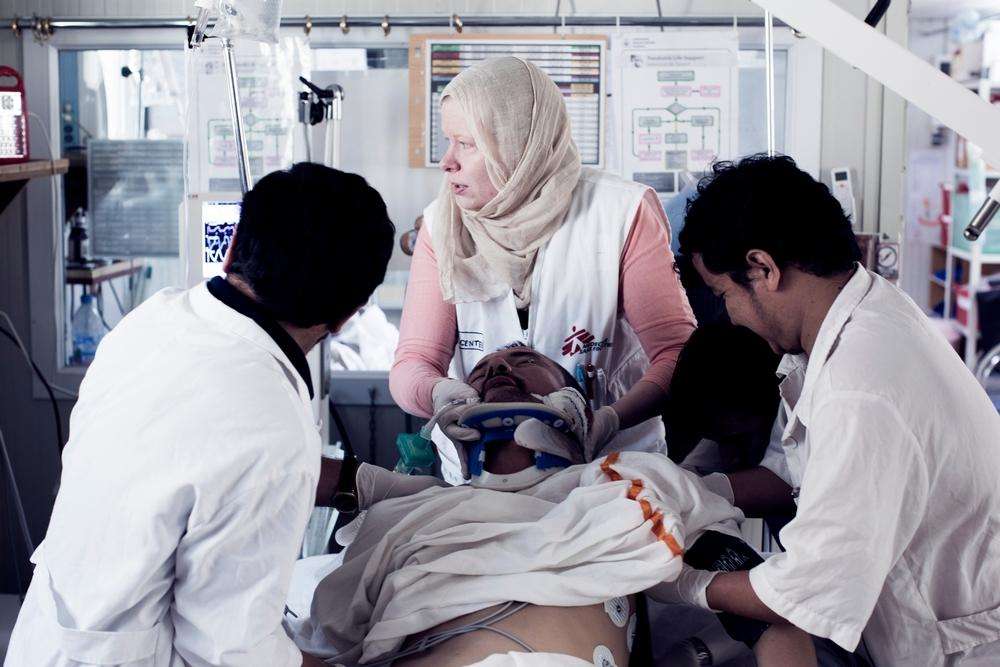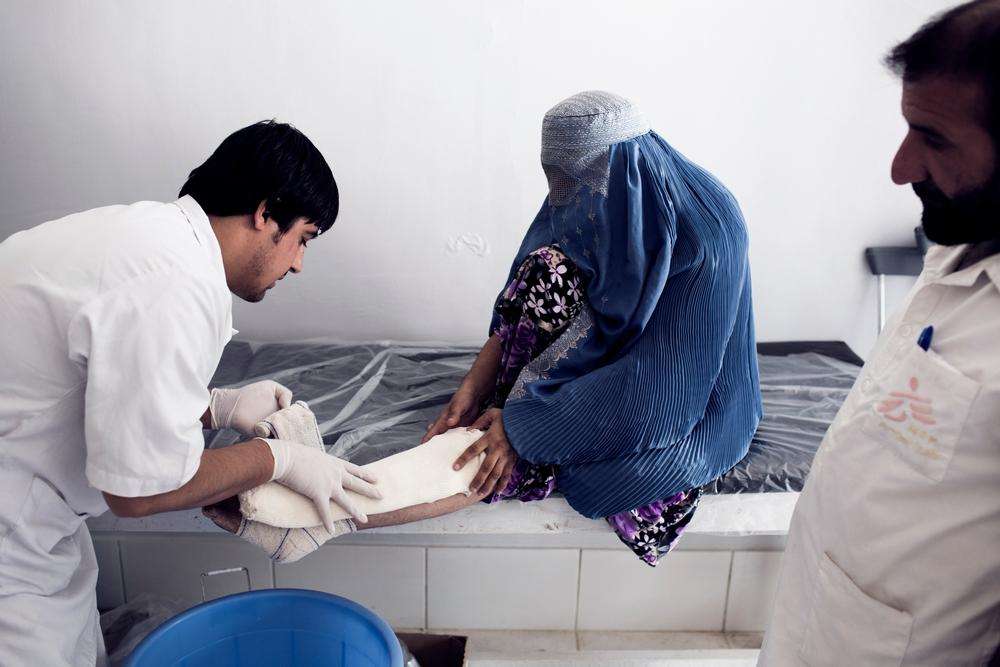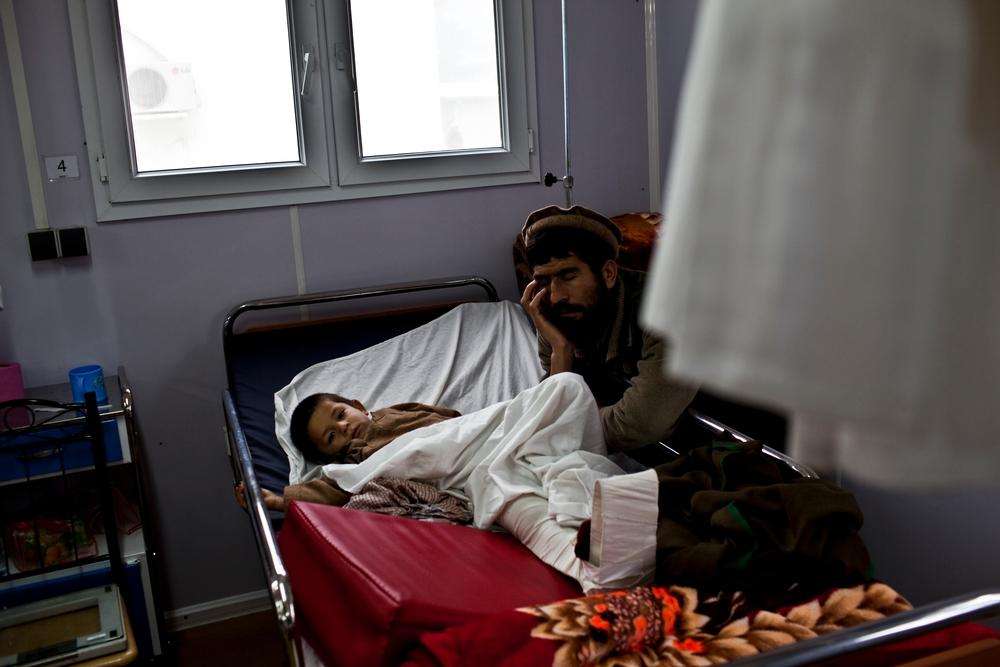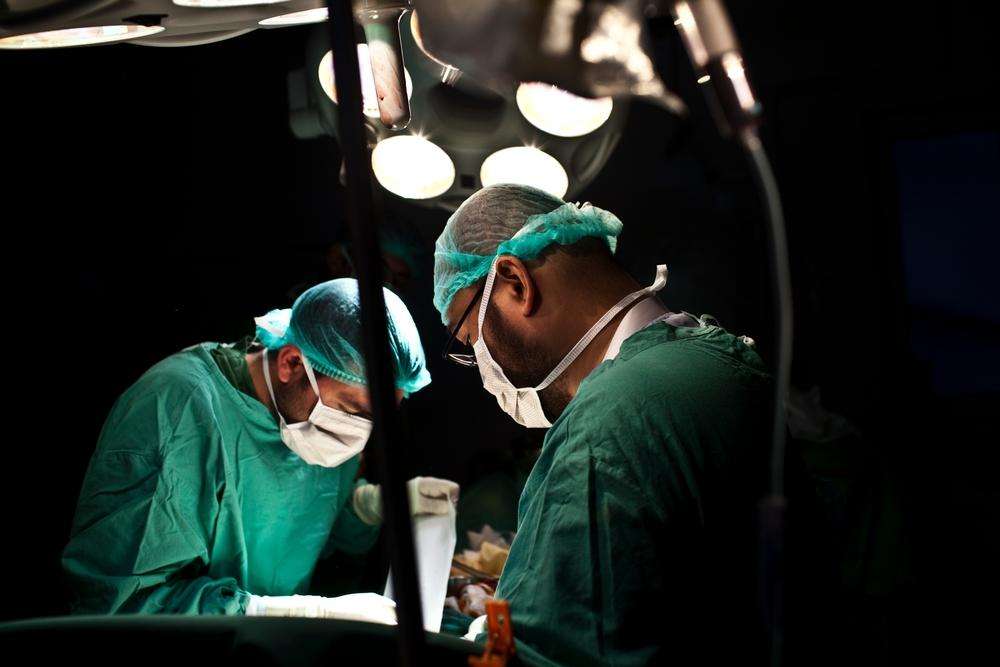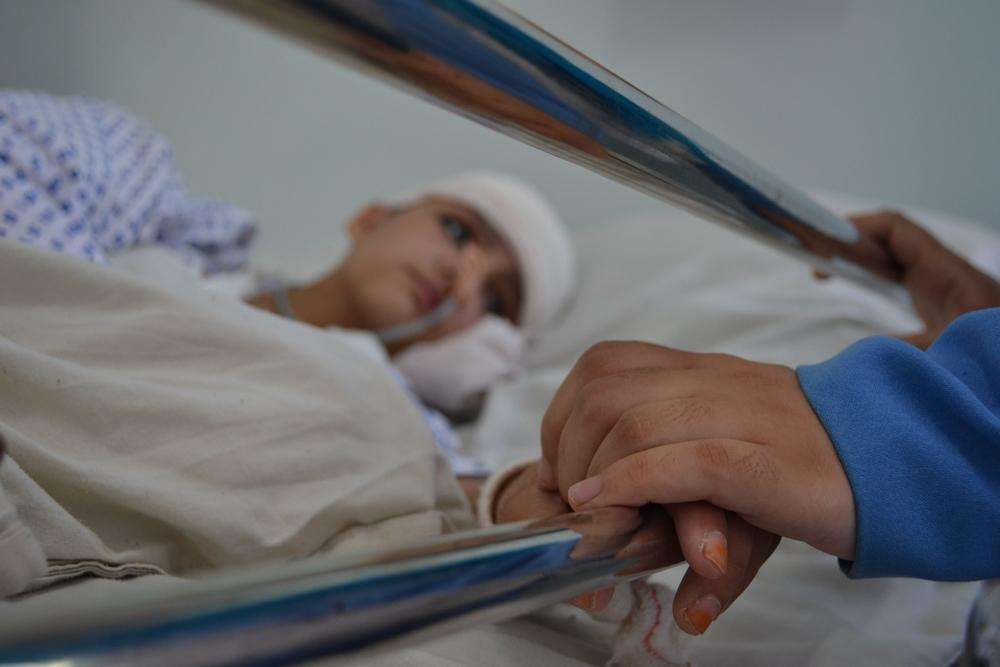Opened in August 2011, the Doctors Without Borders/Médecins Sans Frontières (MSF) trauma center in Kunduz, Afghanistan, was the only facility of its kind in the region, providing free life- and limb-saving medical care to tens of thousands of people. In 2014, more than 22,000 patients received care at the hospital, and more than 5,900 surgeries were performed. The facility experienced a surge of patients in recent weeks as fighting between government and opposition forces engulfed Kunduz, with 337 people—39 children among them—receiving treatment from September 28 to October 2 alone. On October 3, the trauma center was destroyed by a US airstrike that killed 22 patients and MSF staff.
